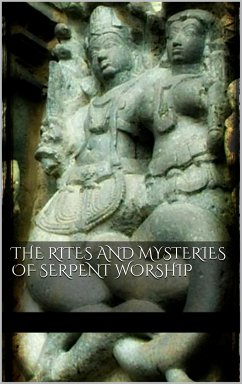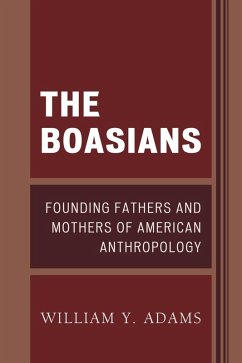
The Ethnology of Europe (eBook, ePUB)
Unraveling the Cultural Tapestry of Europe: Diversity, Traditions, and Linguistic Heritage
Versandkostenfrei!
Sofort per Download lieferbar
0,49 €
inkl. MwSt.
Weitere Ausgaben:

PAYBACK Punkte
0 °P sammeln!
In "The Ethnology of Europe," R. G. Latham presents a groundbreaking examination of the diverse cultural, linguistic, and physical characteristics that define European populations. Written in the mid-19th century, the book employs a meticulous comparative approach, weaving together both empirical data and philosophical inquiry in a rich literary style reflective of the period's intellectual ferment. Latham delves into the historical migrations, social structures, and environmental factors that have shaped the continent, positioning his work at the confluence of anthropology, linguistics, and h...
In "The Ethnology of Europe," R. G. Latham presents a groundbreaking examination of the diverse cultural, linguistic, and physical characteristics that define European populations. Written in the mid-19th century, the book employs a meticulous comparative approach, weaving together both empirical data and philosophical inquiry in a rich literary style reflective of the period's intellectual ferment. Latham delves into the historical migrations, social structures, and environmental factors that have shaped the continent, positioning his work at the confluence of anthropology, linguistics, and history, an intersection that underpins the burgeoning field of ethnology during his time. R. G. Latham was a prominent Victorian figure, recognized for his contributions to philology and anthropology. His educational background and scholarly interests in linguistic diversity likely influenced his desire to explore Europe'Äôs complex tapestry of ethnicities and cultures. Latham's blend of scholarly rigor and personal conviction highlights his commitment to understanding human societies, particularly during a time marked by colonial expansion and heightened interest in classification and difference. For readers interested in the foundations of ethnology, "The Ethnology of Europe" offers invaluable insights into the historical context and methodologies that shaped the study of human societies. Latham's work remains essential for scholars and enthusiasts seeking a deeper understanding of Europe'Äôs rich anthropological heritage, encouraging critical reflection on the intersection of culture, identity, and social dynamics.
Dieser Download kann aus rechtlichen Gründen nur mit Rechnungsadresse in A, B, BG, CY, CZ, D, DK, EW, E, FIN, F, GR, H, IRL, I, LT, L, LR, M, NL, PL, P, R, S, SLO, SK ausgeliefert werden.













